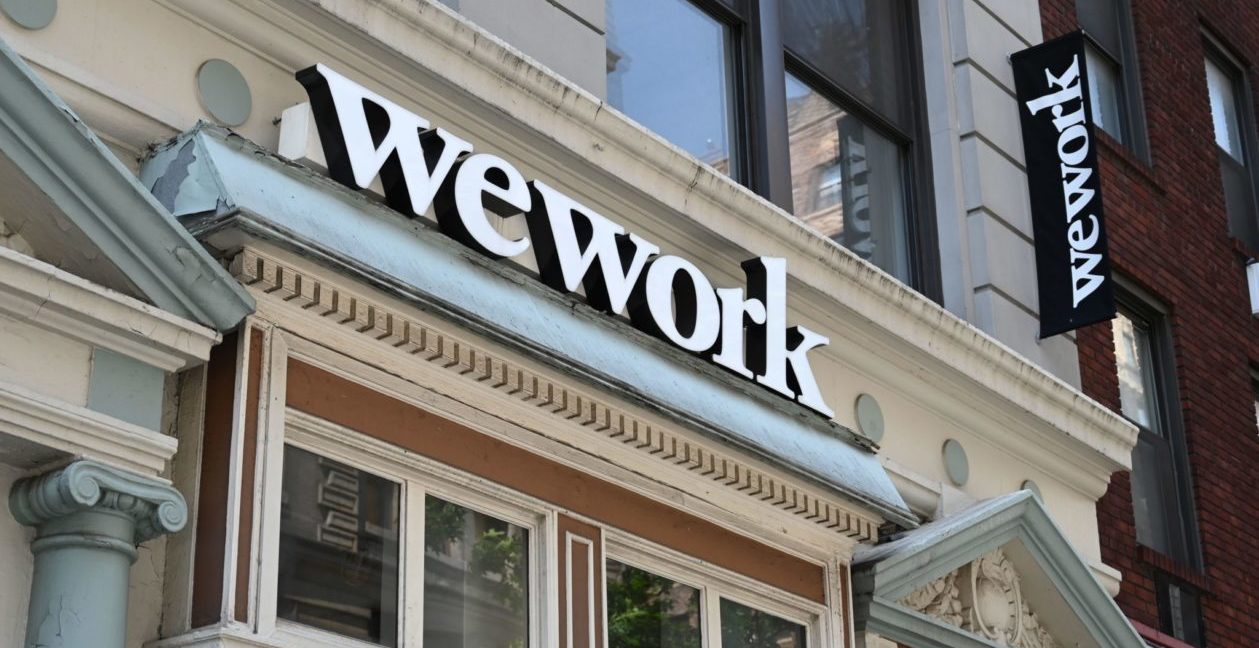As a communications professional, I’ve watched the unfolding saga of WeWork—the implosion of its high profile IPO and its even higher profile CEO, Adam Neumann—with a mixture of horror and fascination. Horror because it’s no fun to watch a company on the brink of bankruptcy, and fascination because so much of what WeWork has done wrong was easily preventable. The challenge now is how to fix it.
First, consider where things stand. WeWork valued itself at around $47 billion for its IPO but now has an estimated worth of around $7 billion. As of June 30, the company had about $2.5 billion in the bank, but it is billions of dollars in debt. Now original funder SoftBank has agreed to pour more money—an astonishing $9.5 billion—into the beleaguered firm. Some of that, sadly, will go to Neumann: At a go-away price of $1.7 billion, Neumann is leaving the company—finally. That’s a good thing. With his bizarre behavior and massive overspending, Neumann came close to destroying the company he founded. But the reputational damage that he inflicted upon WeWork will take longer to repair.

Here’s why. First, Neumann’s behavior—his (personal) real estate lust, his investments in trendy companies like a “superfood startup” that sells coconut water infused with beets, his pre-IPO stock sales—was singularly obnoxious. Even the fact that he married Gwyneth Paltrow’s cousin, Rebekah Paltrow, and made her the founder of WeGrow, WeWork’s “conscious entrepreneurial school,” felt culturally cloying and nepotistic. But Neumann’s decadence has become the company’s identity. (Quick: Name WeWork’s other cofounder. Right—I can’t either.) When we think of WeWork now, we don’t think of work. We think of greed and excess.
Second, WeWork’s implosion comes at a cultural pivot point, a time when our fascination with cult-of-personality founders has turned to irritation, if not disgust. Think of Theranos’ Elizabeth Holmes, Uber’s Travis Kalanick or Billy McFarland, the founder of the Fyre Festival. We’re tired of the self-serving, sleazy behavior of these Silicon Valley types. Even the ones who’ve built successful businesses (hello, Mark Zuckerberg) feel like they’ve worn out their welcome. Neumann fits the pattern. He has become a poster child for all the things we can’t stand about trendier-than-thou hipster entrepreneurs. Imagine renting space in a WeWork today, how slightly uncool it would be to share that information. That inevitable note of apologia matters. Millennials, who constitute the majority of WeWork users, are not loyal to brands; they’ll happily move on to the next trendy coworking space, one that they don’t have to justify to their friends.
To survive, WeWork needs to do more than get its financials in order; it needs to repair that tainted image. How? I’ve got four suggestions.
- WeWork has two new CEOs, Artie Minson and Sebastian Gunningham. And SoftBank Group COO Marcelo Claure has been tasked by his employer with getting more involved in the company. WeWork should judiciously and strategically parcel out interviews with its new executives to send a message: The adults are in the room. The show is over; we’re cleaning up the mess. Everyone can get back to work now.
- WeWork needs to remind people of what they liked about it in the first place: the flexibility it offered to participants in what author Dan Pink has called “free agent nation”—the freelancers, permatemps, consultants and entrepreneurs who make up a growing percentage of the global workforce. WeWork’s core product remains necessary and important. I could envision a series of ads in which WeWork talks less about free coffee and ping-pong tables and more about the companies founded and built by WeWork users.
- WeWork needs to redefine what is cool about its brand. Under Neumann, it was supposed to be New Age mumbo jumbo about the “WeWork family,” free beer on tap and drum circles. But the point of a workspace is not its lifestyle. Nor is it about how WeWork’s management is changing the world, as Neumann so often suggested. That message doesn’t seem so cool now. What is? The truism that WeWork users are changing the world through the work that they do and the companies they create. It’s about appreciating all the amazing things done by people who use WeWork.
- And finally, consider rebranding. Even after taking the steps above, it’s possible that the WeWork brand is so damaged, it’s not worth trying to save it. (The brand, that is, not the company.) For millennial entrepreneurs, who talk up the importance of failure and the virtue of “pivoting,” a new name for WeWork, paired with a new ethos of accomplishment, could align the company with their own entrepreneurial world view.
The bottom line is this: For WeWork, playtime is over. It’s time to get to work.
Paul Blanchard is CEO and founder of Right Angles, a boutique public relations firm for high net worth individuals.







